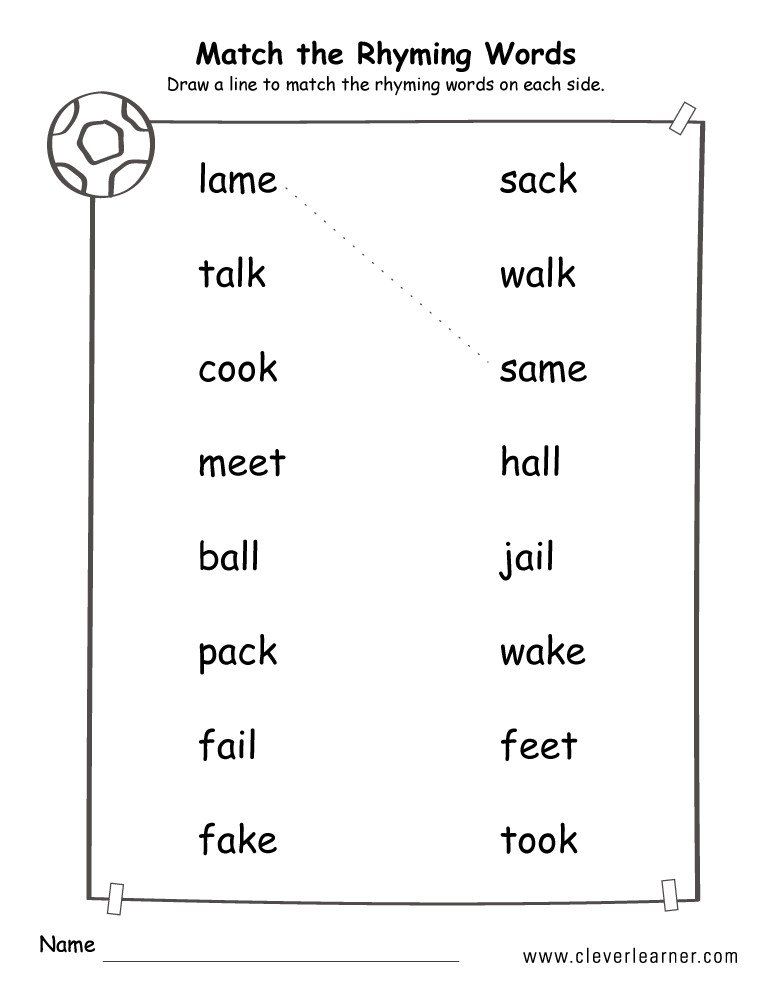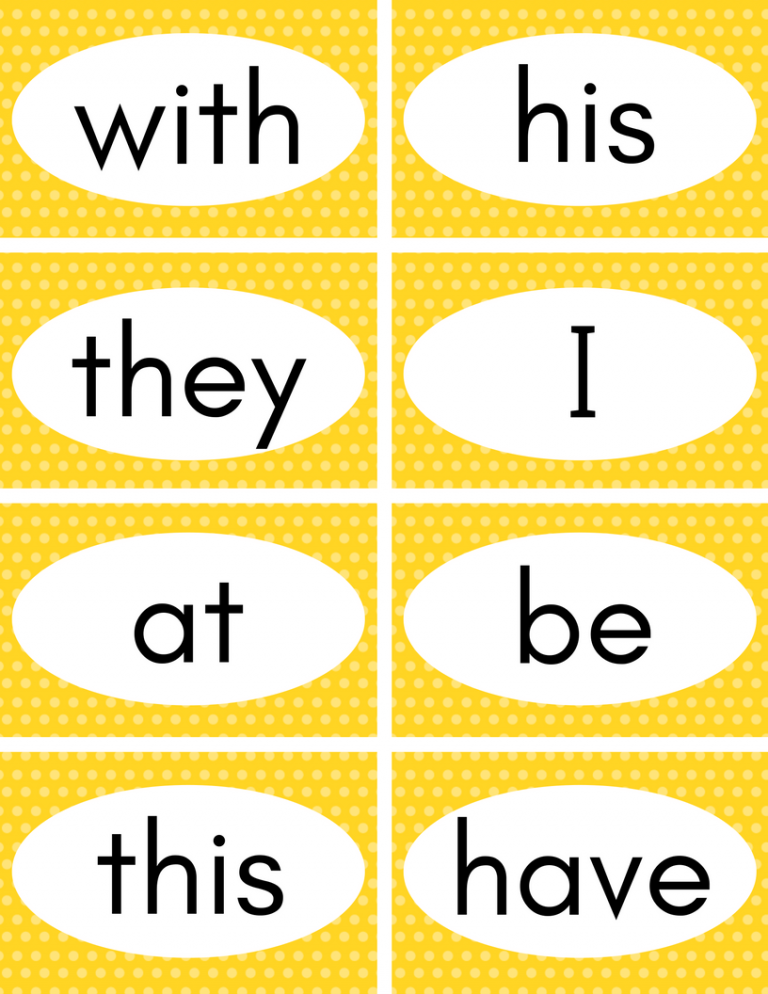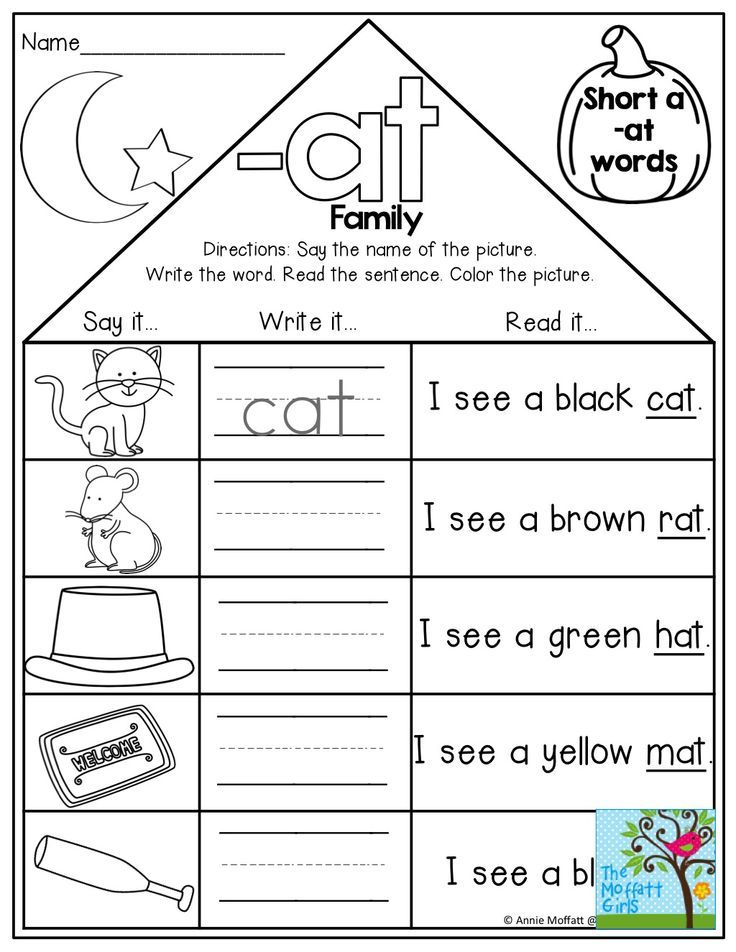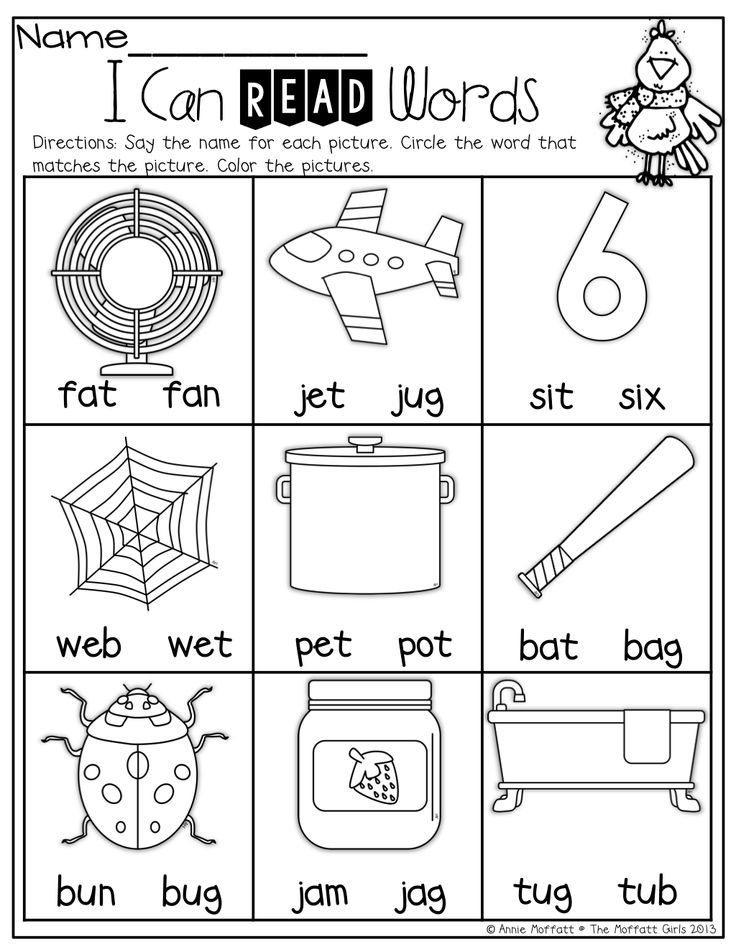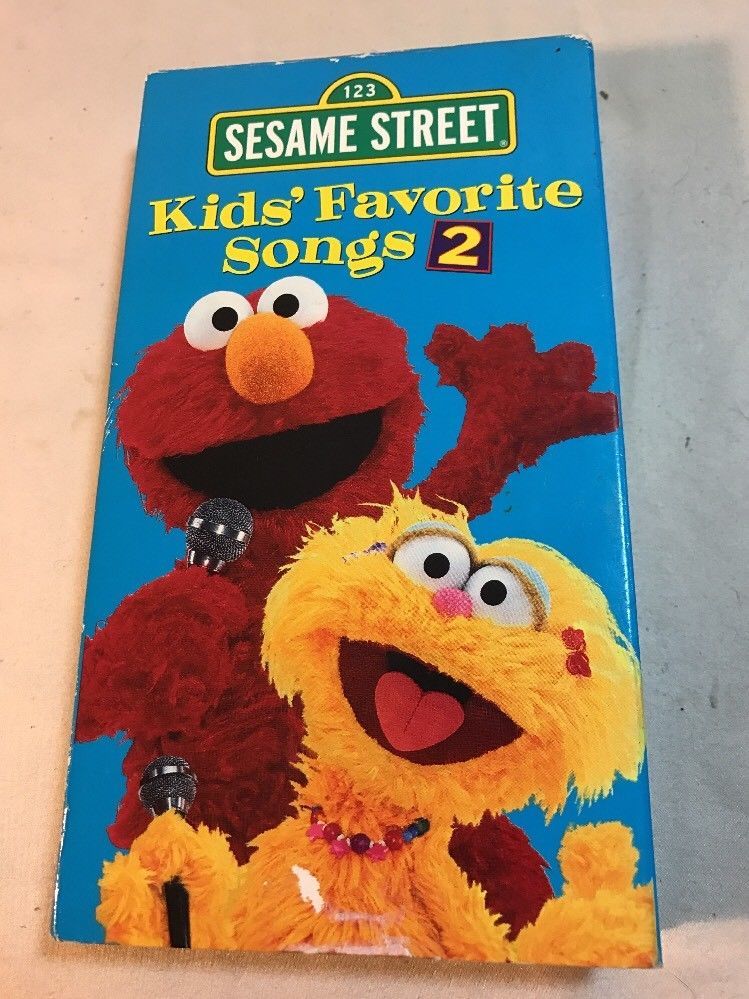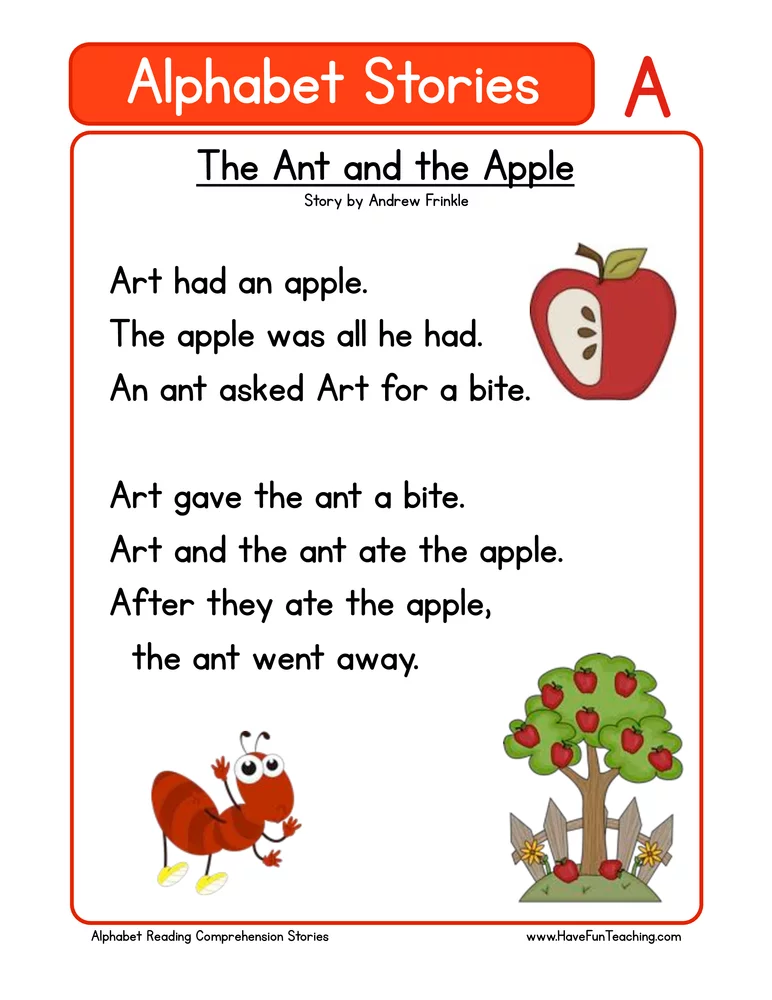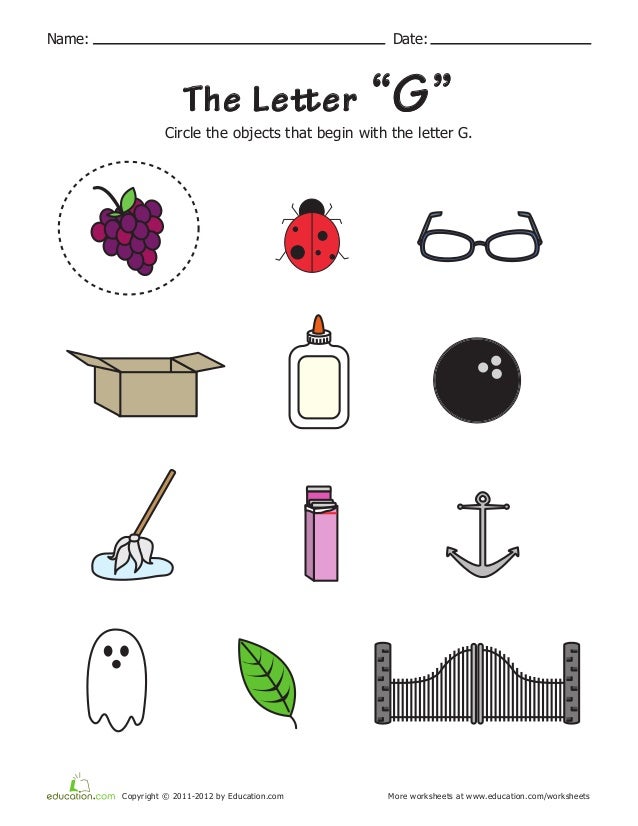First rhyme words
231 best rhymes for 'first'
1 syllable
- Worst
- Thirst
- Burst
- Cursed
- Served
- Current
- Burnt
- Learnt
- Earned
- Turned
- Burned
- Learned
- Worked
- Hurst
- Versed
- Nursed
- Curved
- Pursed
- Durst
- Merced
- Weren't
- World
- Searched
- Swerved
- Perched
- Lurched
- Yearned
- Churned
- Spurned
- Jerked
- Surfed
- Curled
- Lurked
- Perked
- Irked
- Merkt
- Hurled
- Swirled
- Twirled
- Dirt
- Hurt
- Shirt
- Purged
- Merged
- Whirled
- Urged
- Surged
- Curbed
- Termed
- Splurged
- Scourged
- Bird
- Curb
- Third
- Word
- Heard
- Jerk
- Work
- Nerd
- Herb
- Blurred
- Murk
- Skirt
- Flirt
- Squirt
- Kurt
- Lurk
- Slurp
- Verb
- Blurt
- Chirp
- Smirk
- Slurred
- Spurt
- Burp
- Stirred
- Perk
- Clerk
2 syllables
- Reversed
- Rehearsed
- Immersed
- Dispersed
- Concerned
- Headfirst
- Deserved
- Coerced
- Conversed
- Outburst
- Submersed
- Traversed
- Bratwurst
- Emersed
- Accursed
- Bathurst
- Reserved
- Unearthed
- Observed
- Returned
- Preserved
- Unnerved
- Researched
- Conserved
- Disturbed
- Unturned
- Adjourned
- Governed
- Patterned
- Ironed
- Excerpt
- Discerned
- Usurped
- Unearned
- Sunburned
- Unburned
- Emerged
- Reworked
- Networked
- Confirmed
- Submerged
- Desert
- Effort
- Unfurled
- Comfort
- Perturbed
- Diverged
- Transworld
- Affirmed
- Dreamworld
- Converged
- Covered
- Forward
- Murdered
- Fired
- Figured
- Record
- Tired
- Shattered
- Absurd
- Bastard
- Coward
- Awkward
- Mastered
- Wired
- Entered
- Severed
- Bothered
- Wizard
- Alert
- Slaughtered
- Homework
- Scattered
- Suffered
- Wondered
- Concert
- Battered
- Standard
- Offered
- Insert
- Expert
- Conquered
- Colored
- Robert
- Answered
- Unheard
- Captured
- Tortured
- Berserk
- Hired
- Splattered
- Mustard
- Ordered
- Convert
- Blizzard
- Smothered
- Richard
- Plastered
- Albert
- Whispered
- Measured
- Sweatshirt
- Pervert
- Powered
- Exert
- Disturb
- Gathered
- Altered
- Occurred
- Hazard
- Injured
- Revert
- Stewart
- Lizard
- Mattered
- Tattered
- Assert
- Honored
- Howard
- Pictured
- Network
- Divert
- Avert
- Withered
- Edward
- Fractured
3 syllables
- Unrehearsed
- Reimbursed
- Interspersed
- Undeserved
- Underserved
- Unconcerned
- Overturned
- Overworked
- Underworld
- Undisturbed
- Unconfirmed
- Disneyworld
- Reaffirmed
- Netherworld
- Waterworld
- Inspired
- Considered
- Remembered
- Discovered
- Delivered
- Required
- Devoured
- Admired
- Acquired
- Retired
- Desired
- Mockingbird
Want to find rhymes for another word? Try our amazing rhyming dictionary.
If you write lyrics you should definitely check out RapPad. It has tons of useful features for songwriters, lyricists, and rappers.
Rhyming Words for Kids (Complete List)
Many of us have fond memories of learning nursery rhymes and rhyming stories when we were children.
These tales are important because they expose children to rhyme, which is essential for language development. Children who have strong early language abilities, including listening and speaking, are shown to develop more robust reading and writing skills.
Helping your child recognize and use rhyme will help them first with their verbal language and then with their literacy. Introducing rhyming words for kids is an excellent way to do that.
Table of Contents
- How Do You Teach Rhyming Words To Children?
- Rhyming Words For Kindergarten
- Rhyming Words For First Grade And Older
- Any Time Can Be Rhyme Time
How Do You Teach Rhyming Words To Children?
Children learn about rhyme in three stages, although there is much overlap as they move from one step to another.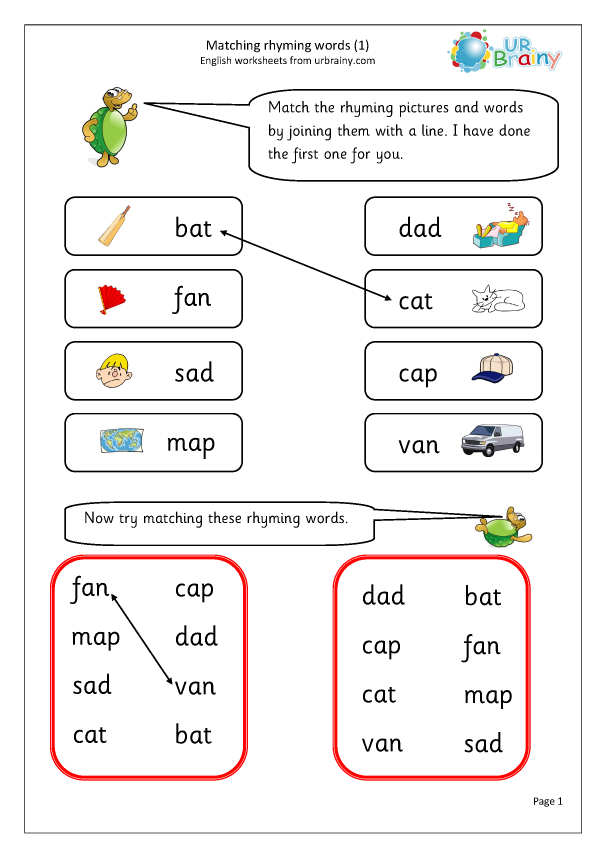
Rhyme Exposure
This is when your child hears rhyming words. This can be in songs while reading rhyming together, or elsewhere. At this stage, you should point out rhyming words to your child.
Rhyme Recognition
Once your child hears a rhyme and points it out, they have reached the stage of rhyme recognition.
Rhyme Production
Finally, your child will be able to produce rhyme themselves. They may take great pride in asking you questions, such as, “Do you know what rhymes with door? More!”
While this may seem like a small thing to you, to them it’s big. Make sure to show them that you’re impressed with their newly-found knowledge.
Ways To Teach Rhyming Words
Make learning to rhyme fun by using some of these methods.
Share Rhyme In Books, Poems, And Songs
Reading rhyming books and poems and singing together will expose your child to rhymes in a fun, relaxing way. Read the complete story or sing the entire song first and then go back and point out the rhymes.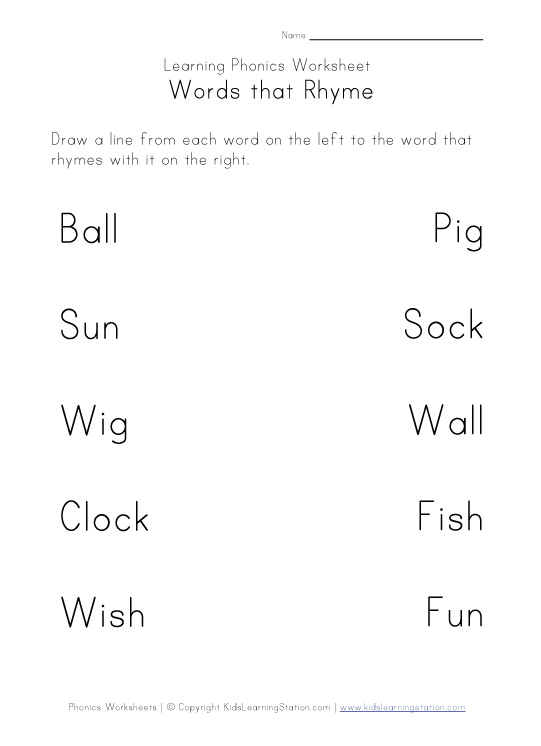
Then, when your child is aware of the concept of rhyming, ask them to point out the pairs of rhyming words they hear or read.
Once your child is familiar with rhymes, read or sing, but don’t say the second rhyming word. Instead, ask your child to provide a suitable rhyme.
Puzzles
Rhyme word puzzles are a fun way for your child to practice pairing up rhyming words.
Clip Cards
Not all rhyming words have the same spelling at the end. To prevent your child from becoming confused by the spelling, use peg cards where your child picks the correct rhyme according to the picture.
Lap Books
Create nursery rhyme lap-books with your child. First, print out the standard nursery rhyme and then have your child replace the original word with another of their own that rhymes.
Rhyming Dictionaries
Help your child find suitable rhyming words with a rhyming dictionary.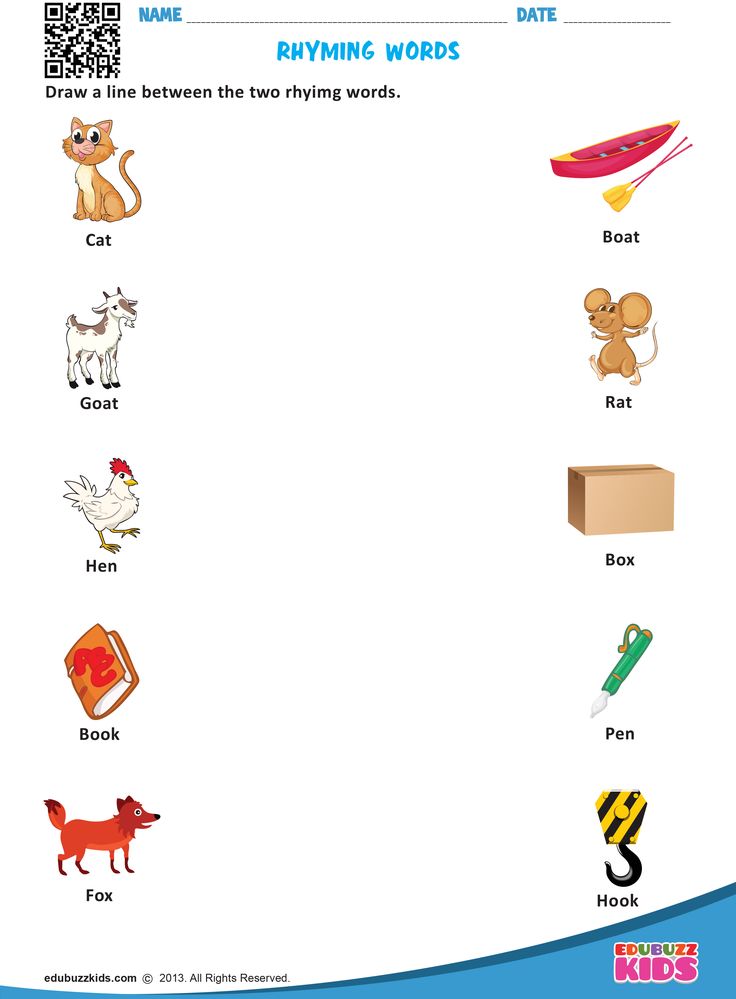 These can be immensely helpful no matter what age you are, especially if you are a teacher, writer, or write lyrics for songs.
These can be immensely helpful no matter what age you are, especially if you are a teacher, writer, or write lyrics for songs.
Rhyming Words For Kindergarten
These are great options for those who are younger than kindergarten or those who are still working on completing that first year in school. These are simple words that won’t be too challenging for this age.
Words That Rhyme With At
- Bat
- Cat
- Fat
- Hat
- Mat
- Pat
- Rat
- Sat
- Vat
- Slat
- Brat
- Flat
- Chat
- Splat
- That
Words That Rhyme With An
- Ban
- Can
- Fan
- Man
- Pan
- Ran
- Tan
- Van
- Flan
- Plan
- Span
- Scan
Words That Rhyme With Ab
- Cab
- Dab
- Drab
- Fab
- Flab
- Grab
- Jab
- Nab
- Lab
- Slab
- Tab
- Crab
Words That Rhyme With Ad
- Add
- Bad
- Clad
- Dad
- Fad
- Had
- Lad
- Mad
- Pad
- Rad
- Sad
Words That Rhyme With All
- Ball
- Call
- Fall
- Hall
- Mall
- Shawl
- Tall
- Wall
- Thrall
- Gall
Words That Rhyme With Ag
- Bag
- Flag
- Drag
- Gag
- Hag
- Nag
- Rag
- Sag
- Tag
- Wag
Words That Rhyme With Ip
- Ship
- Chip
- Clip
- Dip
- Drip
- Flip
- Grip
- Hip
- Kip
- Lip
- Nip
- Pip
- Rip
- Sip
- Slip
- Skip
- Snip
- Tip
- Trip
- Zip
Words That Rhyme With Ap
- App
- Cap
- Clap
- Flap
- Gap
- Lap
- Map
- Nap
- Rap
- Scrap
- Slap
- Snap
- Strap
- Snap
- Tap
- Trap
Words That Rhyme With Id
- Bid
- Did
- Hid
- Kid
- Lid
- Mid
- Rid
- Sid
- Grid
- Slid
- Skid
- Squid
Words That Rhyme With Op
- Bop
- Cop
- Crop
- Clop
- Drop
- Flop
- Hop
- Mop
- Plop
- Prop
- Shop
- Stop
- Swap
- Top
Words That Rhyme With Am
- Clam
- Cram
- Dam
- Gram
- Ham
- Jam
- Lamb
- Ram
- Slam
- Spam
- Tram
Words That Rhyme With Ig
- Big
- Dig
- Fig
- Gig
- Pig
- Rig
- Twig
- Swig
- Wig
- Brig
Words That Rhyme With Ar
- Are
- Bar
- Car
- Far
- Jar
- Scar
- Star
- Tar
- Ajar
- Guitar
Words That Rhyme With Aw
- Awe
- Caw
- Claw
- Draw
- Flaw
- Paw
- Raw
- Saw
- Straw
- Thaw
Words That Rhyme With Ay
- Bay
- Clay
- Day
- Gray
- Hay
- Jay
- Lay
- May
- Pay
- Play
- Pray
- Say
- Stay
- Spray
- Sway
- They
- Way
- Tray
Words That Rhyme With Ell
- Bell
- Cell
- Dell
- Fell
- Gel
- Sell
- Shell
- Smell
- Spell
- Tell
- Well
- Yell
Words That Rhyme With En
- Den
- Men
- Pen
- Ten
- Then
- When
- Wren
- Zen
- Ben
- Ken
Words That Rhyme With Et
- Bet
- Get
- Jet
- Let
- Met
- Net
- Pet
- Set
- Wet
- Yet
Words That Rhyme With Ew
- Blue
- Blew
- Brew
- Chew
- Clue
- Crew
- Cue
- Do
- Dew
- Drew
- Ewe
- Flew
- Glue
- Grew
- Knew
- New
- Phew
- Shoe
- Shoo
- Stew
- Through
- Threw
- True
- Two
- View
- You
- Who
- Zoo
Words That Rhyme With In
- Bin
- Chin
- Din
- Fin
- Grin
- Inn
- Pin
- Shin
- Skin
- Spin
- Twin
- Thin
- Tin
- Win
Words That Rhyme With It
- Bit
- Fit
- Hit
- Kit
- Knit
- Lit
- Mit
- Nit
- Pit
- Sit
- Quit
- Skit
- Slit
- Spit
Words That Rhyme With Od
- Cod
- Bod
- Odd
- Nod
- Plod
- Prod
- Rod
- Squad
- Trod
- Pod
Words That Rhyme With Og
- Bog
- Blog
- Cog
- Clog
- Dog
- Fog
- Frog
- Hog
- Jog
- Log
Words That Rhyme With Op
- Top
- Chop
- Cop
- Crop
- Drop
- Flop
- Hop
- Mop
- Pop
- Shop
- Stop
Words That Rhyme With Ot
- Blot
- Cot
- Clot
- Dot
- Got
- Hot
- Knot
- Not
- Plot
- Pot
- Rot
- Shot
- Spot
Words That Rhyme With Ow
- Bow
- Brow
- Cow
- How
- Now
- Pow
- Sow
- Row
- Vow
- Wow
Rhyming Words For First Grade And Older
These are useful rhyming words for first graders and above with an expanding skillset.
Words That Rhyme With Ake
- Ache
- Bake
- Cake
- Brake
- Break
- Fake
- Flake
- Lake
- Make
- Quake
- Rake
- Sake
- Take
- Sneak
- Steak
- Stake
- Wake
Words That Rhyme With Ale
- Bail
- Bale
- Kale
- Dale
- Fail
- Hail
- Male
- Nail
- Pail
- Pale
- Rail
- Sail
- Snail
- Sale
- Stale
- Tail
- Tale
- Trail
- Whale
- Detail
- Toenail
Words That Rhyme With Ain
- Brain
- Cane
- Chain
- Crane
- Drain
- Gain
- Grain
- Lane
- Mane
- Main
- Pane
- Pain
- Plain
- Plane
- Reign
- Rain
- Sprain
- Stain
- Strain
- Train
- Again
Words That Rhyme With Or
- Door
- Chore
- Core
- Four
- For
- Sore
- Floor
- Door
- More
- Oar
- Snore
- Soar
- Store
- Score
Words That Rhyme With School
- Cool
- Cruel
- Drool
- Fool
- Fuel
- Ghoul
- Jewel
- Mule
- Pool
- Spool
- Tool
- Who’ll
- You’ll
- Yule
Any Time Can Be Rhyme Time
Whether you are playing rhyme I-spy, singing nursery rhymes, or reading a book of children’s poems, the time you spend sharing rhymes with your child is helping them develop spoken language.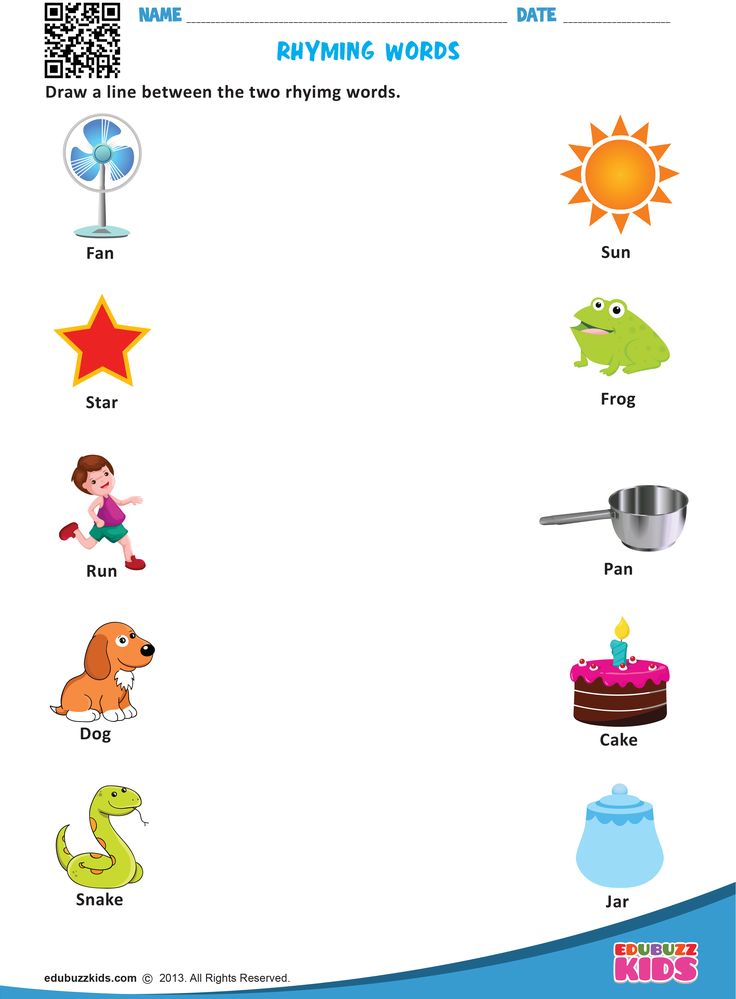
Build a little rhyme time into every day and give your child an advantage.
Introducing rhyming words is an excellent way to lay a solid foundation for literacy.
Feedback: Was This Article Helpful?
Thank You For Your Feedback!
Thank You For Your Feedback!
What Did You Like?
What Went Wrong?
Rhyme selection for the word
Rifma-rifma.ru is a large free dictionary of Russian rhymes.
Find out rhymes for a word by letter:
BUT B AT G D E Yo AND W And Y To L M H O P R FROM T At F X C H W SCH S E YU I
Rhymes in syllabo-tonic versification
It is widely believed that creating a poem is easy: just choose rhymes. This is one of the most ignorant misconceptions, since the poet's toolkit consists not only of rhyme, but of poetic meter, sound writing, figures of speech and tropes, not to mention the methods of constructing the plot of a poem and other syntactic phenomena (for example, caesura).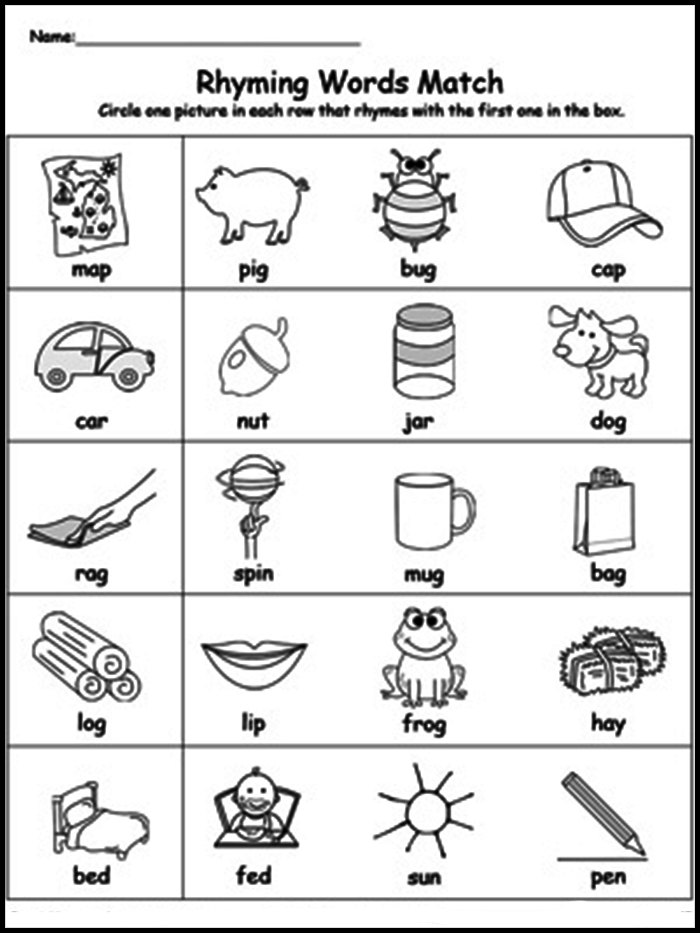
You should immediately pay attention: rhyme, as well as the size, is not an obligatory element of a poetic text, which is exemplified by blank verses and free verse. Nevertheless, it is especially characteristic for Russian folklore, where it has been used and is used to this day in the form, as a rule, of verbal consonances: came - found. It was the folklore origin of the Russian-language rhyme that determined its further distribution in the poetic work of our compatriots.
It should also be noted that rhyme is inherent primarily in poetic works, which include even rhymed advertising slogans and texts of such popular rap artists. Now it is precisely in poetry that it has become fixed almost as an inevitable element of verse. Previously, consonances were used even in political and scientific tracts - to bring enthusiasm to the style and highlight especially important parts of the text.
What is called rhyme
Rhyme is used to denote consonance in words; usually at the end of a word.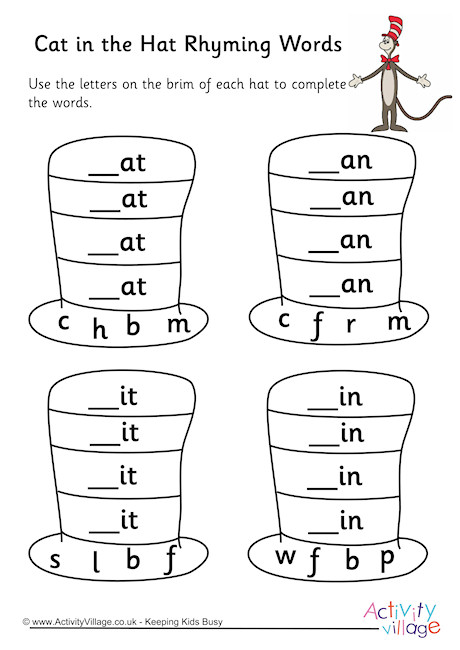 A classic example of rhyme, which is common in the minds of ordinary people, is a clause - the last stressed syllable in a line, followed by all unstressed syllables and consonants. For example: customize - bark ; here the stress in both words falls on the penultimate syllable, so the rhyme will be in clause -yaem - -ayem.
A classic example of rhyme, which is common in the minds of ordinary people, is a clause - the last stressed syllable in a line, followed by all unstressed syllables and consonants. For example: customize - bark ; here the stress in both words falls on the penultimate syllable, so the rhyme will be in clause -yaem - -ayem.
So, rhyme is consonance. But does it have to be at the end of a verse (a verse, roughly speaking, is one line of a poem)? And can a pair of mute - yoke and (Brodsky) be considered a rhyme? It will be possible to talk about this after delving into the nature of consonance, but first you need to familiarize yourself with its basics.
Basic types of rhyme
The principal classification of clauses in versification is based on the place where they are stressed:
- Male rhyme. The emphasis falls on the very last syllable in the verse: socks - sands.
- Feminine rhyme.
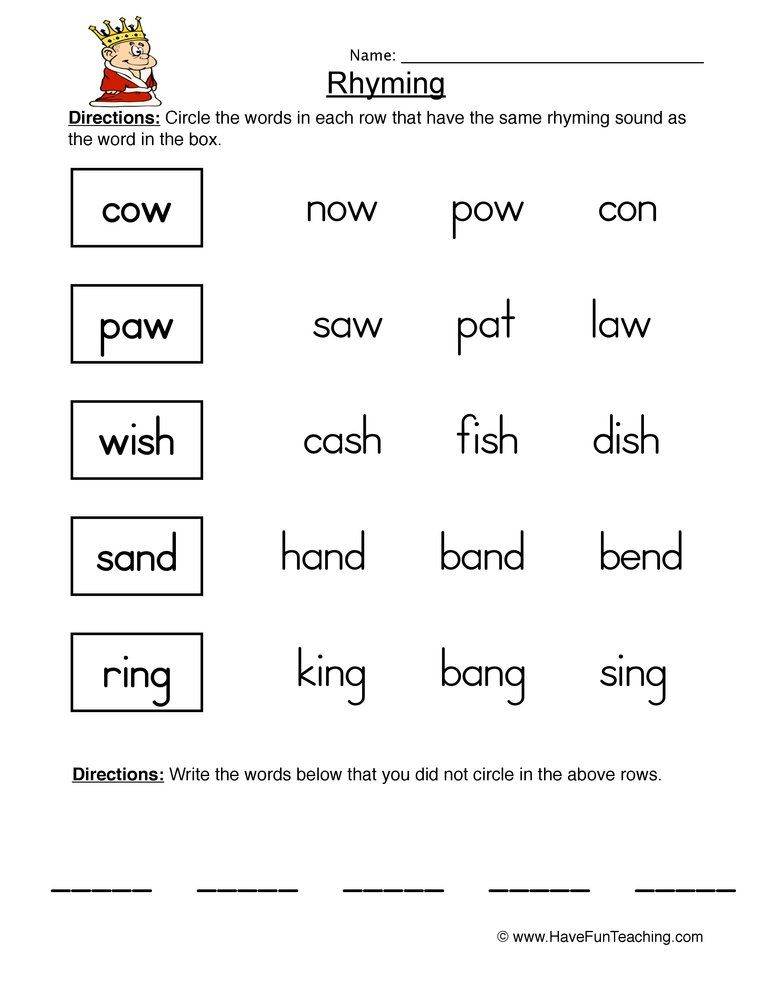 The emphasis is placed on the penultimate syllable of the clause: important - twice . In the 18th century, when Russian versification was born and underwent rapid development, it was believed that it was female rhyme that could express all the beauty of the Russian language. Already 19The th century completely refuted this assertion, and the modernists left no basis for it at all.
The emphasis is placed on the penultimate syllable of the clause: important - twice . In the 18th century, when Russian versification was born and underwent rapid development, it was believed that it was female rhyme that could express all the beauty of the Russian language. Already 19The th century completely refuted this assertion, and the modernists left no basis for it at all. - Dactylic rhyme. Here, the intonational accent is on the third syllable from the end of the clause: cash - excellent for them (this is a compound clause - a complicated version of an ordinary one; more on that below).
- Hyperdactylic. The stress, respectively, falls on the fourth syllable from the end. This clause is very rarely used in poetry, since such words are not only difficult for the author to choose for the poem, but also difficult for the reader to pronounce. They are presented in a relatively large number in the poetry of V.
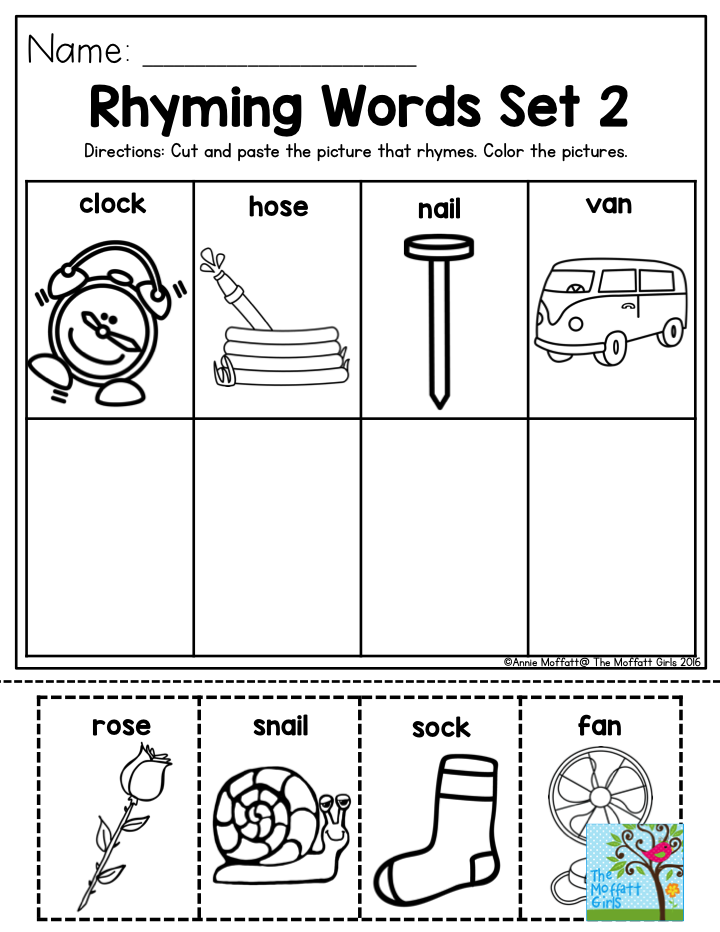 Bryusov. An example, albeit a banal one: slingers - riveters.
Bryusov. An example, albeit a banal one: slingers - riveters.
In the Russian system of versification, stress can be placed up to the ninth syllable from the end of a word. Such rhymes are not used anywhere, but the term for them still exists - superhyperdactylic clauses - this is how it is customary to call all types of rhymes that come after hyperdactylic ones.
The sound and feeling of rhyme
Since rhyme is primarily a musical phenomenon, it should be perceived only by ear. It is for this reason that a great poet has a good ear. This is already a somewhat in-depth understanding of consonance: so what is the difference between the above-described pair mute - yoke and from, say, a pair of snow - bliss ?
There is also a separate classification for the sound characteristics of rhyme. It is important to note that each example of consonance is incredibly individual. Words are difficult to categorize, and there can be quite a lot of controversial points when analyzing the sound of a rhyme in a certain poem.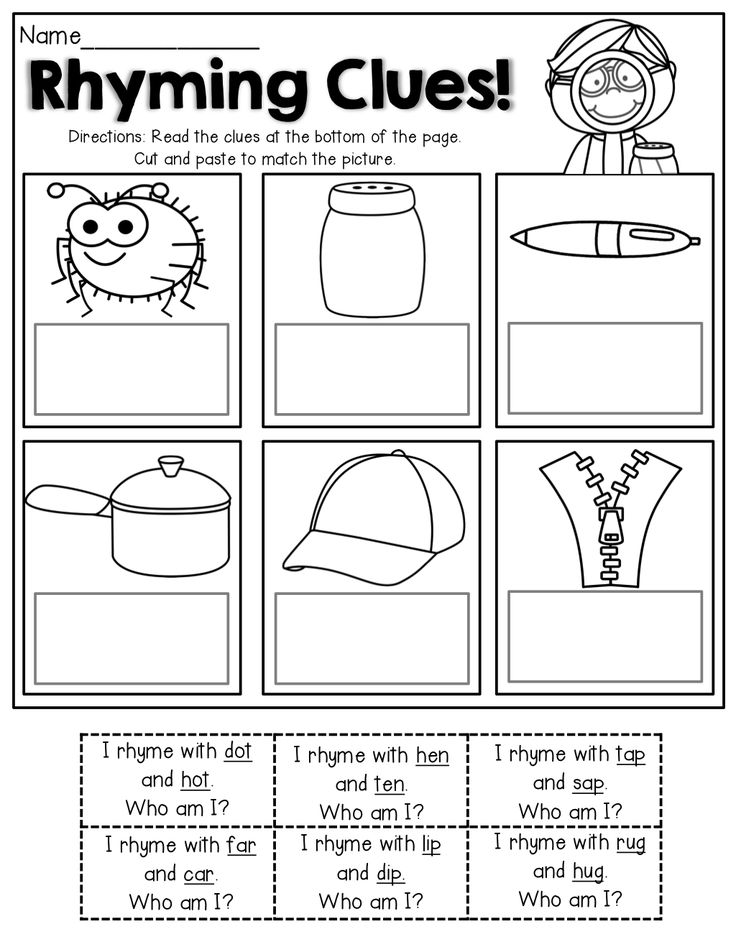
- Rich clause. Not only the stressed syllable matches, but also the syllables after and/or before it. The role of even consonant sounds is important here (namely, sounds, not letters, since the latter do not sound at all, but the first ones are perceived by ear): line - verst ; in this example, the sounds of the second word are diluted with the consonant "s", which is why this consonance can be called rich only due to the coincidence of both syllables. This group includes the second presented pair: snow - bliss.
- Poor clause. This group is characterized by the coincidence of only the stressed syllable. This includes the first pair: mute - yoke and , since only the stressed syllable matches, and the syllables before and after it are expressed by different sounds. These clauses significantly increase the space for the author's stylistic and plot maneuvers, since such rhymes can be picked up much more than rich ones.
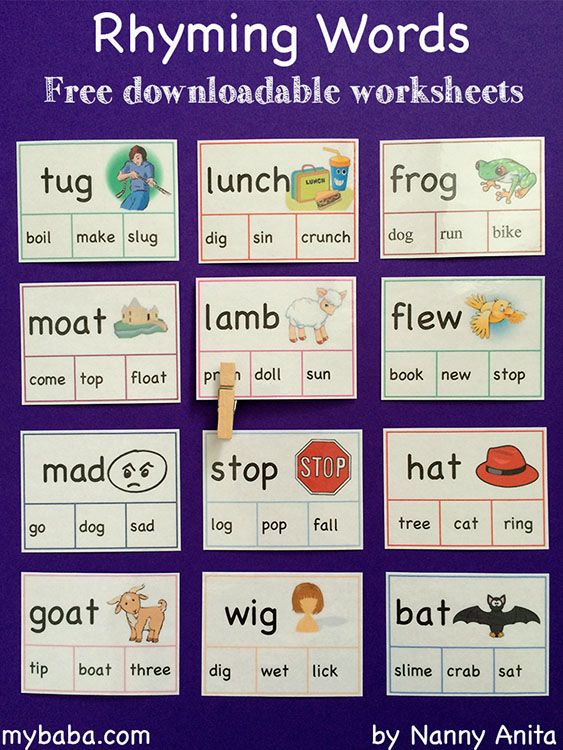 Another plus of this group of consonances is the originality of the sound of a well-chosen inaccurate rhyme, which is fresh for the ears of even a sophisticated reader and critic: aiming - Venezuela e (Mayakovsky).
Another plus of this group of consonances is the originality of the sound of a well-chosen inaccurate rhyme, which is fresh for the ears of even a sophisticated reader and critic: aiming - Venezuela e (Mayakovsky). - Exact consonance. A common type of sound in the 19th century. Rhymes with exact consonance should be as similar as possible to each other both in stressed syllables and in supporting ones. Most of the rich clauses are immediate and precise. Example: dollars - walked.
- Inaccurate consonance . This category of consonances began to supplant the exact rhymes that were the standard of versification of the 19th century, in the era of modernism in literature - in the 20th century. This group of clauses is especially vividly represented in the works of V. Mayakovsky (with his favorite compound rhymes): paper I am magic, the wick flies, the tariff is rhyme . With poor pronunciation or not very sensitive hearing, these consonances may not be noticed at all, but if the author skillfully uses inaccurate rhymes, then his poetry will be enriched with unusual sounds.
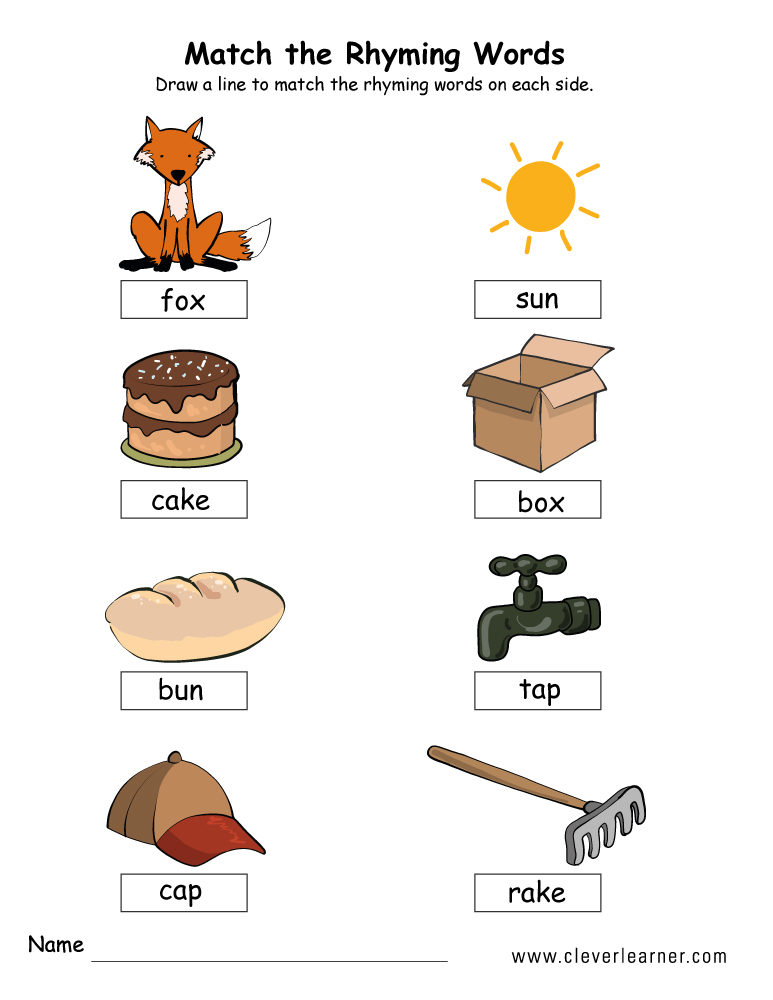
Clausal scheme and rhymes in solid forms
Surely every reader remembers at least some quatrains from the school literature curriculum. But far fewer of them know that the quatrain is a classic solid poetic form - a quatrain:
Staring deeply at the stone,
The artist saw the nymph in him,
And a flame ran through the veins,
And his heart flew to her.
(Baratynsky)
The clause scheme - which line rhymes with which - in the quatrain can be presented in three variations, which became the most common arrangement of consonances in the world poetry of the 19th-20th century.
- Cross rhyming. Scheme: abab (the same letters denote the same clause): stone - sight - flame - flew . This type of arrangement of clauses can be called the most popular among both beginner poets (because of the ease of compilation) and venerable authors (because of their adherence to classical forms).
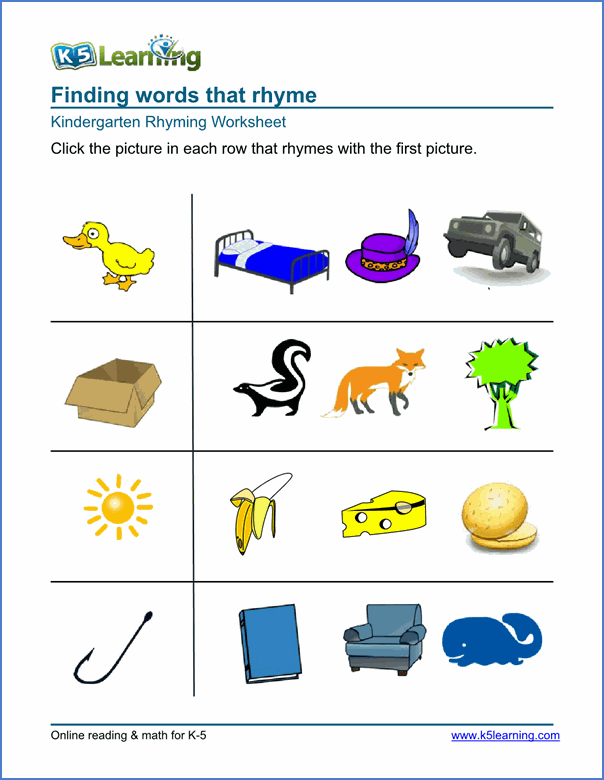
- Paired rhyming. Schematic: aabb: stone - flame - sight - flew. The rarest type of arrangement of clauses from all three presented, since there is no distance between verses where one or more rhymes can be inserted. But for long verses (lines) this is the most suitable scheme.
- Encircling rhyme . Scheme: abba: stone - sighted - flew - flame . This scheme requires the author to already have a certain level of skill and a good ear, since the first rhyme can be lost after two lines with a different clause, so the poet needs to say it out loud several times.
The Onegin stanza, also known to everyone from school, is also a solid poetic form. The solidity of the form lies in the fact that it has its own clausal scheme, and sometimes even requires the use of a certain meter (as with a classic Italian sonnet or Alexandrian verse). The Onegin stanza is subjected by the author to a strict arrangement of clauses, the scheme of which is as follows (It is customary to denote female rhymes in capital letters, male rhymes in lower case): AbAb CCdd EffE gg.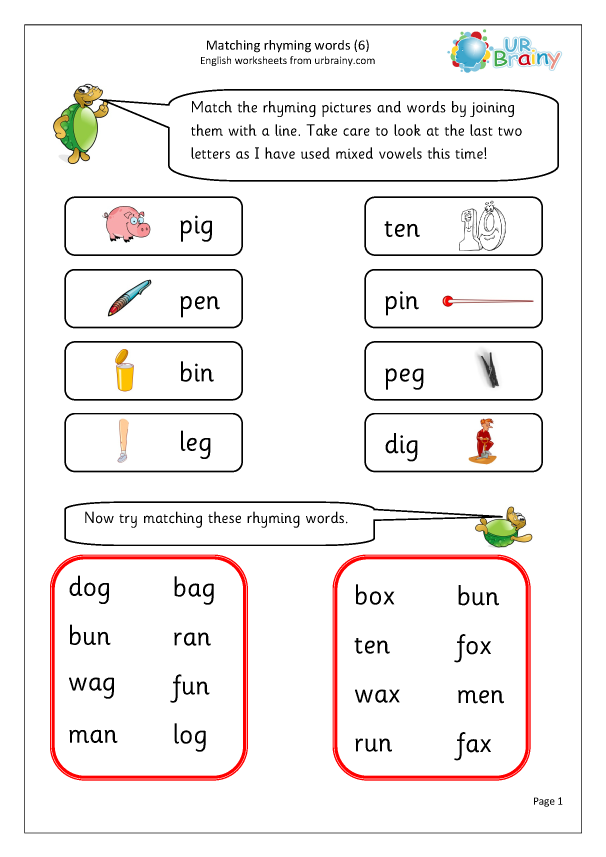
The poet, based on his experience, level of language proficiency and stylistic devices, poetic meters, tropes and figures of speech, can vary several types of rhymes even within the same work, without being limited within a certain fixed meter, and even come up with his own.
Some other types of rhyme
Having accumulated both theoretical and practical knowledge about the main types of clauses and how to place them in a poem, the poet can improve his knowledge of poetic language by starting to use the types of consonance described below.
- Compound rhymes. Such a favorite type of consonance by Vladimir Mayakovsky is deservedly considered one of the most original ways of rhyming, since it combines different parts of speech: for example, a particle and an adverb: molasses - again (Brodsky).
- Homonymous rhymes . For clauses, homonyms are used here - words with different meanings, but the same in pronunciation and spelling.
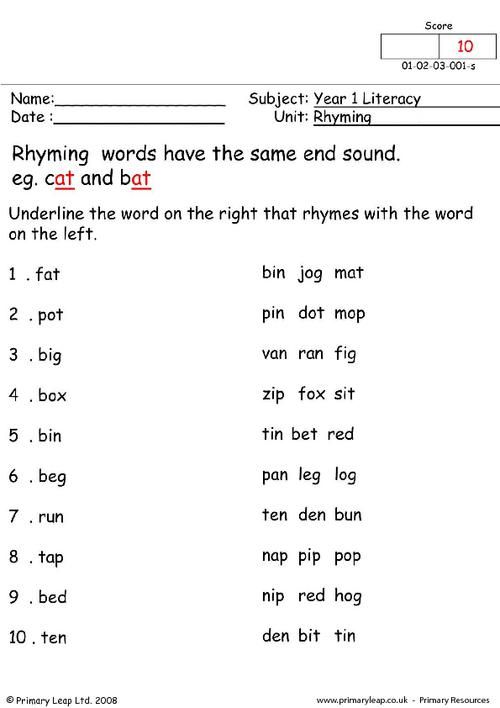 Example: (in the ears) rock - (in fate) rock.
Example: (in the ears) rock - (in fate) rock. - Punning rhyme. The same, but instead of homonyms - puns. Example: the girls went to the garden at night, / As if de Sade wrote from them.
- Internal rhyme. This is already a radically new type of consonance, since it is not a clause - it does not complete the line, but is located approximately in its middle. It is important that with such an arrangement of consonance, the size is correctly built, otherwise the poem can simply be broken at the place of internal rhyme into one more line. Example: over you, over a small river, / Over water, whose way is far... (Tvardovsky) In the example, the word "you" rhymes with "water".
- Double internal rhyme. In this variation of the above-described consonance, words in one line rhyme, and the clauses connecting different lines may be absent altogether, as in free verse or blank verse.
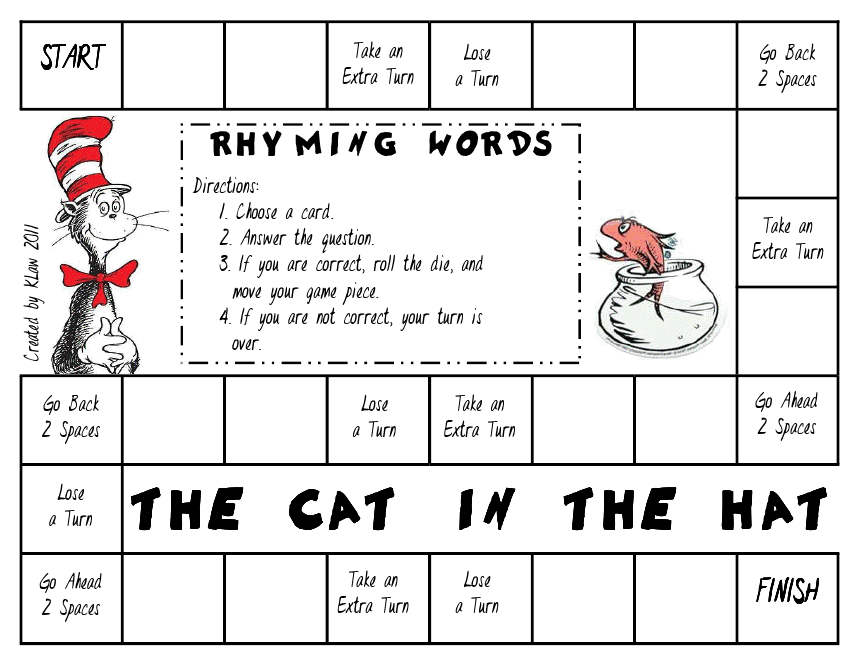 For example: The last time you are at your table, the last time you returned to the house, / The last time the wife carries the cake, 9 is reflected across the glass0020 (Eugene Rein). In this example, there is no clause as such. But in these lines (also Yevgeny Rein) both the internal rhyme and the clause are already present: Under the dome the Savior in sandals and his robe curls, / The Savior who fed his contrite children.
For example: The last time you are at your table, the last time you returned to the house, / The last time the wife carries the cake, 9 is reflected across the glass0020 (Eugene Rein). In this example, there is no clause as such. But in these lines (also Yevgeny Rein) both the internal rhyme and the clause are already present: Under the dome the Savior in sandals and his robe curls, / The Savior who fed his contrite children. - Echo rhyme . The line repeats some part of the clause of the line with which it rhymes, thereby creating an echo effect. For example: Hold on, Detroit of the world! / …Oh, you! (A. Bezymensky).
- Pantorhyme . One of the most spectacular types of consonance, in which not the final parts of the verse (clauses) rhyme, but any number of words between (and within) two or more lines. In other words, with such consonance, the lines contain both internal and clause rhymes, which can be arranged in an absolutely non-standardized order.
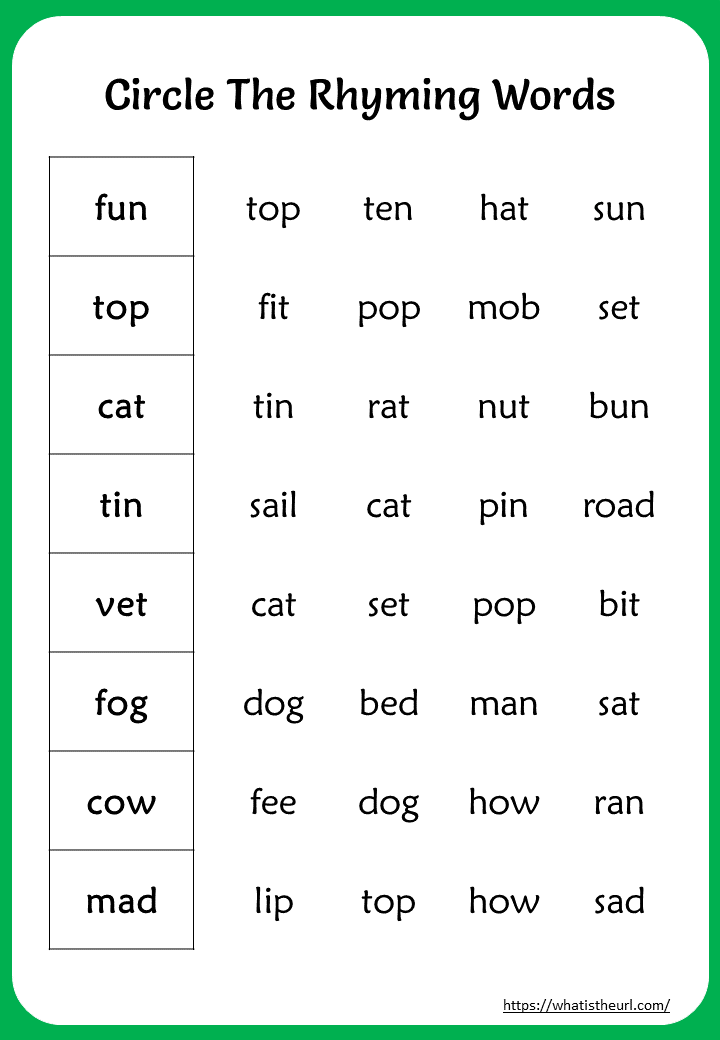 This rhyme is an element of combinatorial poetics and modernist trends in creativity, therefore, examples of pantorhyme cannot be found in classical works. However, it has become especially popular among rap artists, where you can find good examples: popped in for a visit, as to the south, but got stuck. / Let's keep quiet, since the language is volapuk, newspeak. (Volapyuk - rubbish; Newspeak - the official language of the ruling party in Orwell's novel "1984").
This rhyme is an element of combinatorial poetics and modernist trends in creativity, therefore, examples of pantorhyme cannot be found in classical works. However, it has become especially popular among rap artists, where you can find good examples: popped in for a visit, as to the south, but got stuck. / Let's keep quiet, since the language is volapuk, newspeak. (Volapyuk - rubbish; Newspeak - the official language of the ruling party in Orwell's novel "1984").
Tips for choosing rhymes
- It's better to avoid using verbs in clauses. Although Pushkin himself in "The House in Kolomna" went against this rule - he, however, is excusable, but the work of a novice author with verbal consonances can be considered bad taste.
- Experiments with inaccurate, poor, composite, internal and pantorhythms are best begun after at least some sufficient experience in the use of classical forms, sizes and clauses has been obtained.

- For the correct selection of rhymes, the poet needs to say everything written aloud - not necessarily in public. If the clauses sound separately, but not in the line, then you can try to change the number of stops in the size, or even the entire size
Success in your work!
Types of rhyme in a poem
Rhyme is a repetition of more or less similar combinations of sounds that connect the endings of two or more lines or symmetrically arranged parts of the lines of a poem. In classical versification, the main feature of rhyme is the complete coincidence of stressed vowels. The rhyme marks the end of the verse with a sound repetition, and also emphasizes the interline pause, and hence the rhythm of the poem. The rhyme tangibly helps the reader to feel the intonational division of speech and forces them to correlate the meaning of those verses that it unites.
Other interesting articles:
- Good night dear
- good morning beloved poems
Types of rhymes
Rhymes are divided according to syllabic volume into: 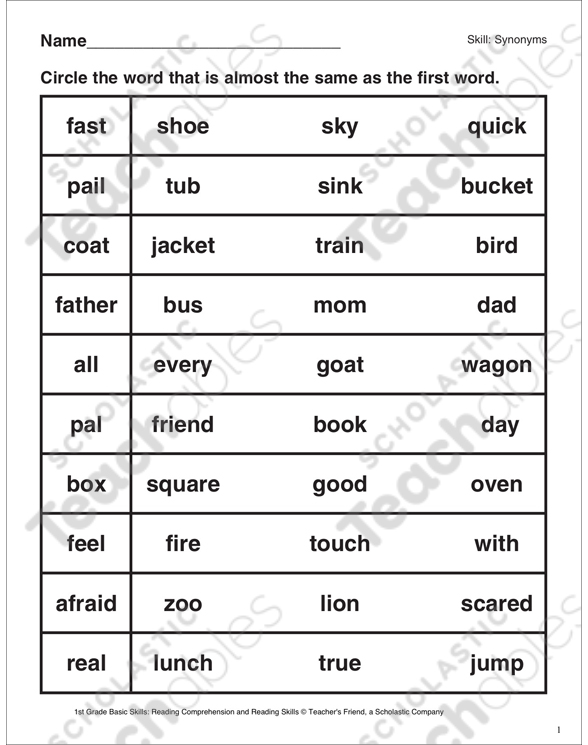
Rhymes differ in the accuracy of consonances (character of sound):
- rich;
- poor;
- approximate;
- accurate;
- assonances;
- tautological;
- composite;
- unequal;
- dissonances;
- multi-impact.
Rhymes are divided according to their position in the poem:
- internal;
- initial;
- final.
Rhymes differ in position in the stanza:
- crossed;
- related;
- girdled or encircled.
Regarding the multiplicity of repetitions, rhymes are divided into:
- triple;
- paired;
- quads;
- multiple.
Do you know? Poems without rhyme are called white, and with the presence of inexact rhymes - "rhymes".
There are several poetic devices and terms for rhyme: For example: we rhyme the first, second and third words of two lines.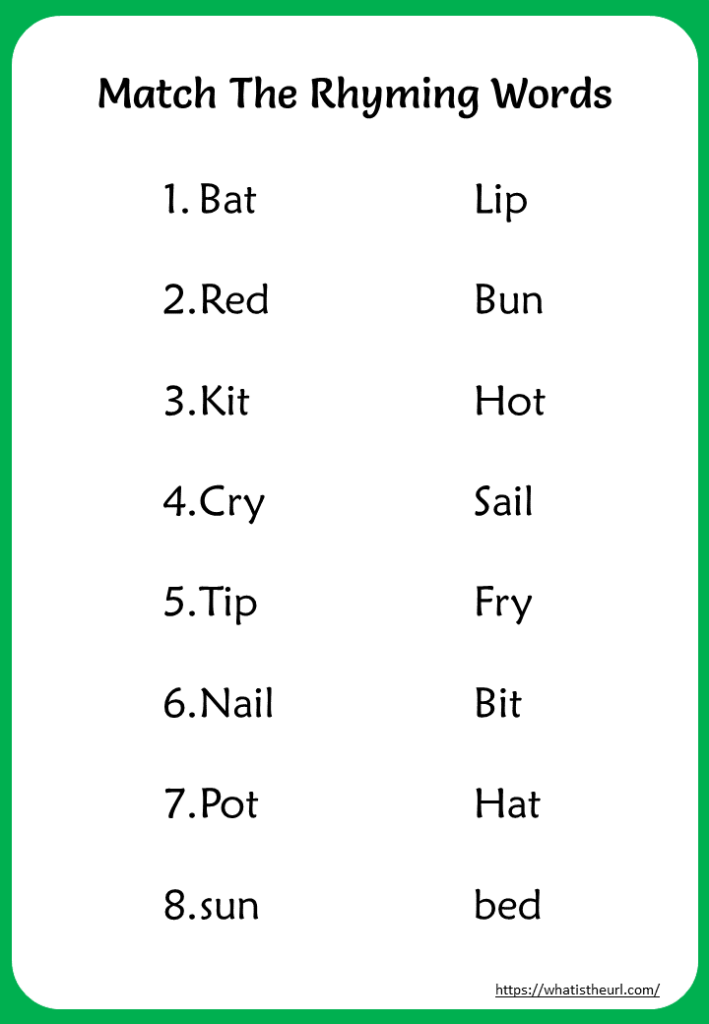
Examples of some rhymes
A masculine rhyme, which is stressed on the very last syllable.
For example:
Merry winter has come
And brought a lot of snow.
Feminine rhyme capable of covering those words whose stress falls on the penultimate syllable.
For example:
Let happiness be brighter than light,
And joy will become hotter than summer.
A dactylic rhyme, that can take us one syllable further. It's about the third syllable from the end.
For example:
To the baby today in kindergarten
Soldiers came again.
Hyperdactylic is the most complex rhyme, which is quite rare in practice.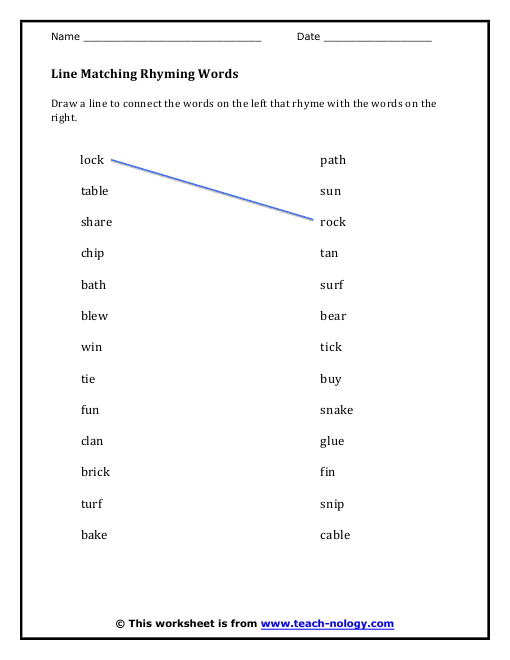 We count exactly three syllables and select a word with stress on the fourth and subsequent syllables from the end of the line.
We count exactly three syllables and select a word with stress on the fourth and subsequent syllables from the end of the line.
For example:
Combing a birch for a day,
Combing a birch for a day…
Exact and imprecise rhymes.
The exact rhyme is immediately noticed and recognized, admired and accepted. The sound of the exact rhyme is one hundred percent identical and does not stand out to the ear.
For example:
I got up early today
And that's why I'm tired.
Everything is elementary and extremely simple. However, imprecise rhymes are also often used, in which phonetic consonance is only partially.
For example:
I suddenly can’t sleep today,
I quietly took the knitting needles…
.
Homogeneous rhyme refer to the same part of speech. it can also be two nouns, two pronouns, or two verbs. Unfortunately, for unknown reasons, such a combination is not particularly favored and for some reason considered extremely primitive.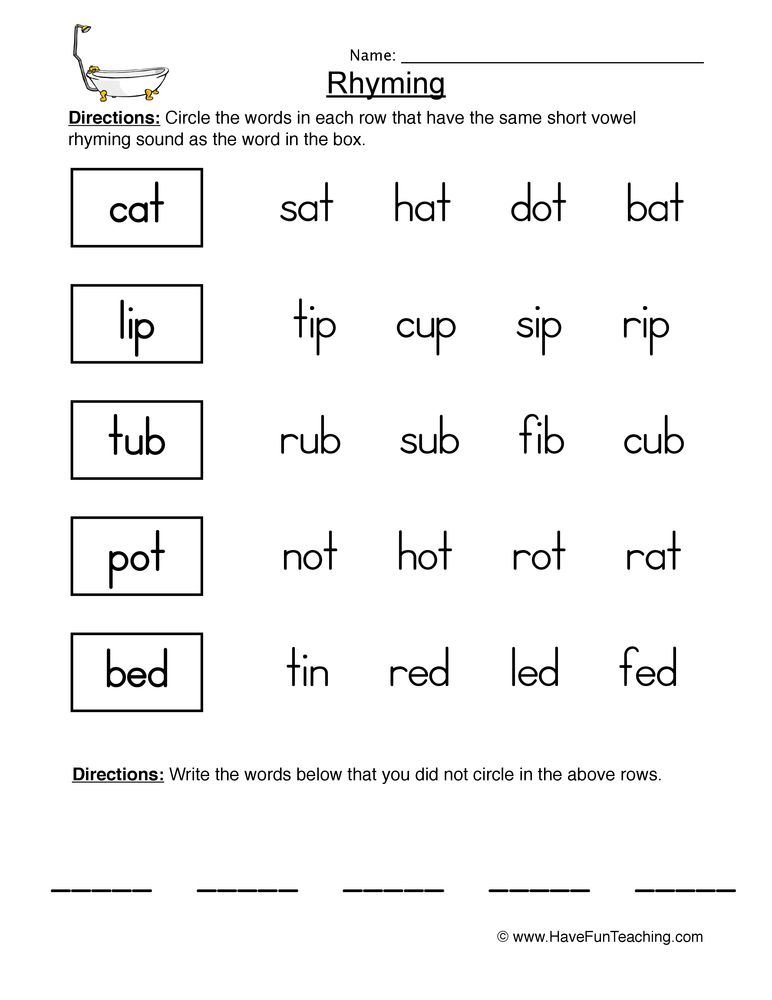
For example:
Look at me,
Am I good today?
Diverse rhyme implies a direct combination of a verb with a noun or an adjective with an adverb, and so on. There are many such combinations that can be invented.
For example:
You brought me flowers today,
Let's switch to "you" with you!
Compound rhyme additionally uses various service parts of speech. For example, particles and conjunctions.
For example:
Come on, come on,
My girl is a carnation.
The tautological rhyme is an extremely primitive technique that, one way or another, is found in the literature. In this case, the word or word form is completely repeated. However, if such a rhyme is used wisely, then it is quite possible to reach the degree of a masterpiece.
For example:
I once forgot you,
I know that I forgot in vain ...
Homonymous rhyme implies the coincidence of not only sound, but also spelling.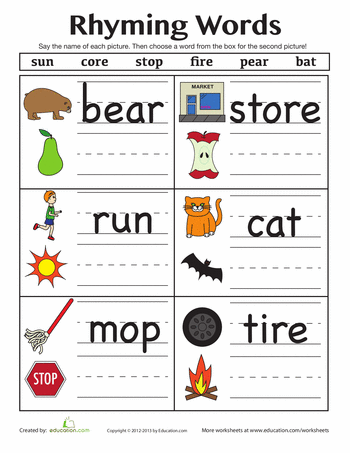 However, the words have completely different meanings.
However, the words have completely different meanings.
For example:
Our strong marriage with you
Revealed marriage today.
The punning rhyme is not by chance next to the homonymous one. They are indeed quite similar. This rhyme is built solely on the consonance of a word with a similar combination of several words.
For example:
There is no way to reach the garden.
What a shame!
Paronymic rhyme is a combination of words that are only partially similar in sound. Their meanings are also different, although they are quite close.
For example:
“The addressee will send an answer soon” –
The addressee assured himself.
Rich rhyme is a combination in which the prestressed consonant matches.
For example:
The petal came off –
The flower has become sadder.
Poor rhyme is a rhyme in which only vowels and necessarily stressed sounds agree.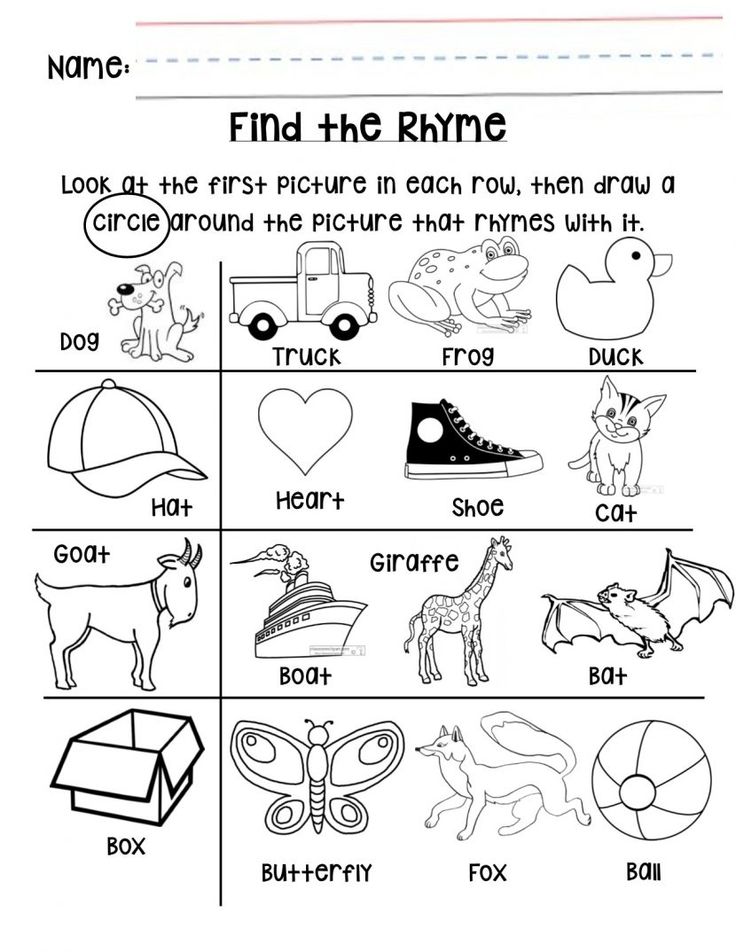
For example:
I drank wine today
And life became easy for me.
Banal rhymes are something like this: eternity-infinity, love-blood.
The original rhymes are common these days, as each poet seeks to surpass not only other authors, but also himself.
The macaronic rhyme is a combination of a Russian word with some foreign language.
For example:
No matter how old you are,
If you wear Palette.
Absolute rhyme includes the union of completely identical words. The only exception is percussion.
For example:
Let thunderstorms rage in the house,
Let the heart of dreams savor.
Graphic rhyme is a useless phenomenon in poetry, since it combines not sounds, but letters. For example: exactly - on purpose.
Types of rhyming
Adjacent rhyming
This is the easiest and most common way.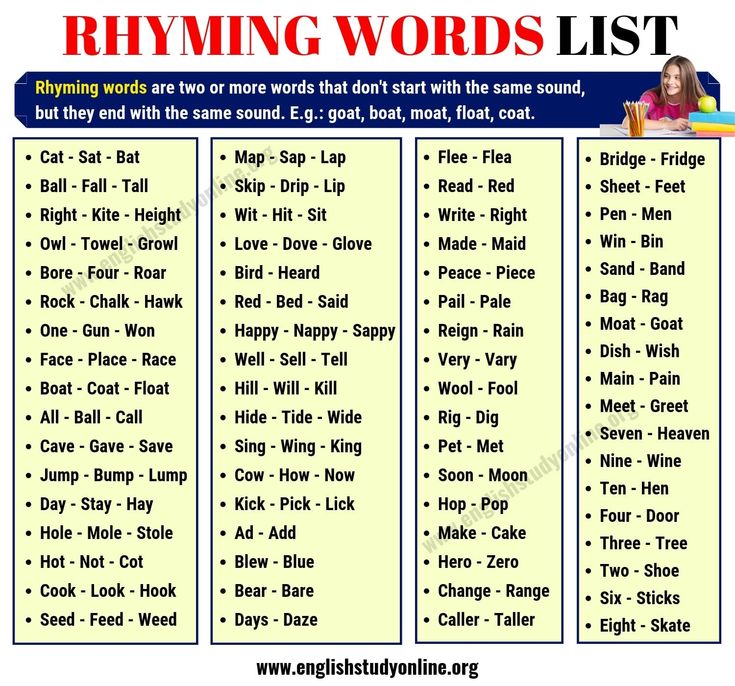 It rhymes every two lines.
It rhymes every two lines.
For example:
I fell in love with you today,
I forgot about the grief of the past,
Today I believed in a bright light,
I found the lost answer.
Cross-rhyming
In this case, the first line rhymes with the third, and the second with the fourth.
For example:
I had to go far:
I forgot my own heart.
It's a pity that the past never came true,
It's a pity that all the cherished doors are broken.
Ring rhyme
Combines the first line with the fourth, and the second with the third.
For example:
I have traveled all over the world for a long time.
Did I lose you in it?
Was I looking for myself then?
I can't find the answer.
Intertwined rhyme
Represents the most complex and confusing case.